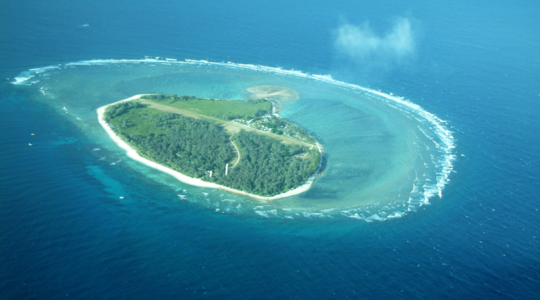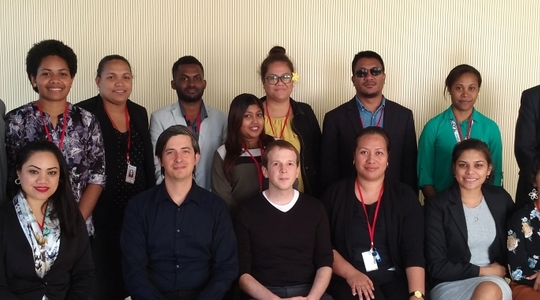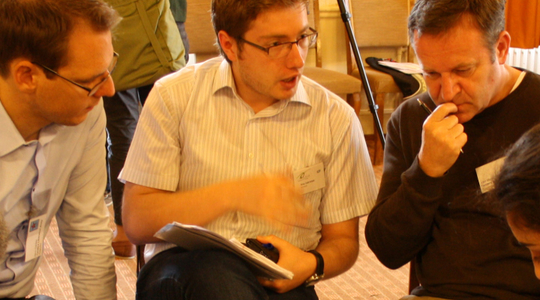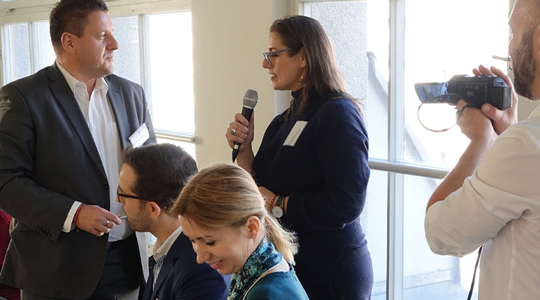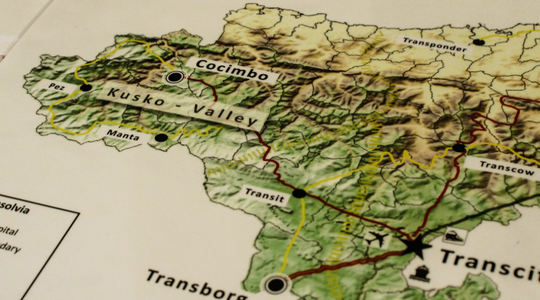The simulation game Nisia deals with the complex challenges that developing states are confronted with as consequences of climate change. It is set on the fictional island state of Nisia, which is already facing severe problems such as a poor economic development, poverty and rapid urbanization. Slowly changing patterns in the climate as well as acute impacts of extreme weather make the situation even more challenging and while affecting many of the existing difficulties they are likely to create new ones. The simulation game therefore embeds the topic of climate induced problems in the wider debate of challenges, which developing states are facing today.
Scenario & Procedure
A recent study has revealed the manifold challenges that Nisia might face as a consequence of climate change. Currently Nisia is discussing a strategic, long-term development plan (roadmap) that is supposed to come to conclusions in the following topics: Relocation of the population from outer islands, protection against impacts of climate change and economic development.
The simulation game consists of two parts. During the first part, the participants discuss the most crucial issues regarding future political, social and economic developments. The second part begins 6 months after the development of the roadmap. The situation in Nisia has developed according to the effects and the overall impact of the different steps of the roadmap from part 1. Now, the actors have to react to the new status quo and subsequently adjust their personal and the overall strategy.
Objectives
The goal is for the participants to understand the complexity of the problems developing states are facing due to climate change and to find ways on how to come to solutions in a more efficient manner. A special emphasis is put on understanding the perspectives of actors from various fields, including politics, economy and civil society.
Learning Goals
- Understanding the broader effects that emerge through climate change and how they relate to other development challenges
- Understanding the pros and cons of concrete measures and possibilities to tackle those effects
- Identifying ways of coming to sustainable solutions, which are inclusive to various interest group

